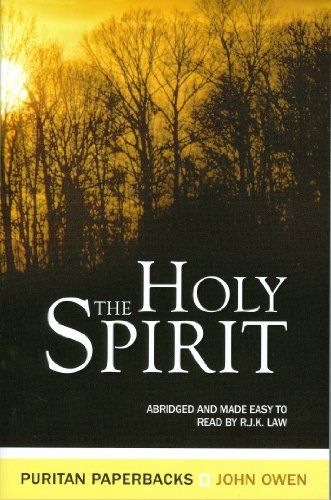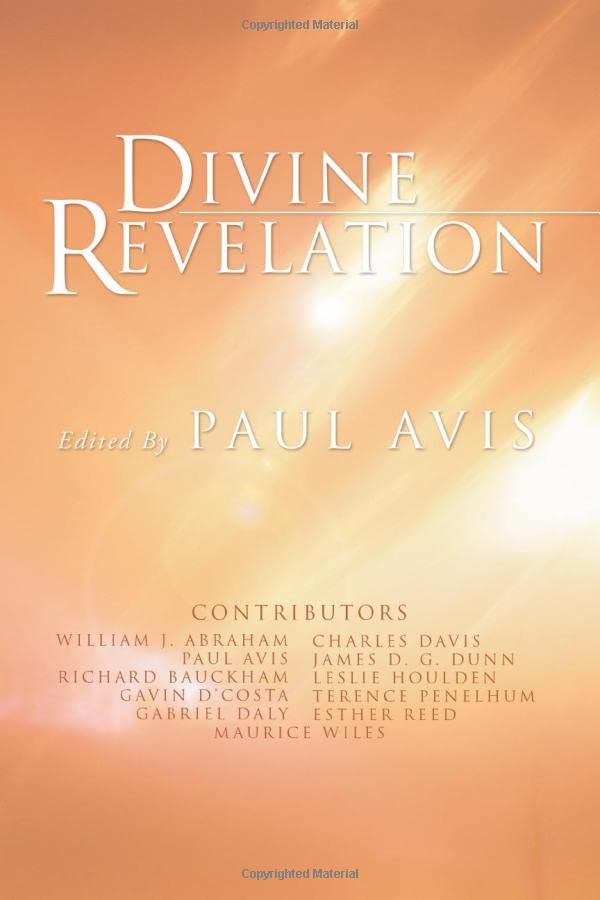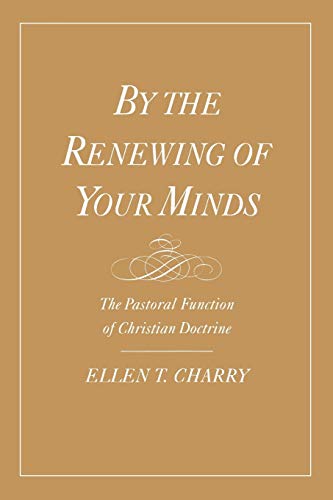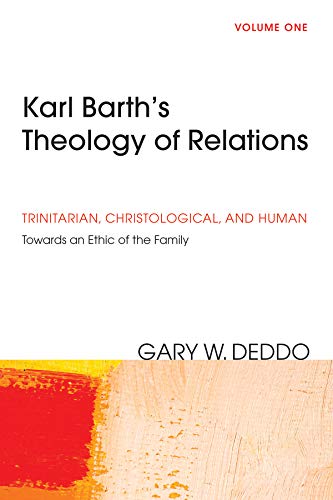Abraham Kuyper: A Centennial Reader
Written by Abraham Kuyper edited by James D. Bratt Reviewed By Carl TruemanAbraham Kuyper was, in his day, a giant in every field to which he turned his hand: theology, church, politics, journalism, social criticism, and should be ranked as one of the most significant men of his generation. It is a shame, therefore, that the amount of material, primary and secondary, which is available in English relating to this man is very small. Nevertheless, the centennial of Kuyper’s famous Stone Lectures (published in English as Lectures on Calvinism) led, among other things, to the publication of Peter Heslam’s delightful monograph, Creating a Christian Worldview (Eerdmans) and this volume of selections from the writings of Kuyper which are, as yet, not widely available to the English-speaking world. They reveal the many faces of the man and James Bratt is to be warmly thanked for his services to the church in compiling such an insightful collection.
Behind the selections stands the world of the nineteenth and early twentieth centuries. On the social level, industrialisation effected such a dramatic transformation of European society that no-one of public stature could possibly have ignored it. As in Britain, Karl Marx and Friedrich Engels described and analysed the changes they saw going on around them from a materialist perspective, so Kuyper sought to offer a Christian, specifically a Reformed Christian, perspective. Thus, in this collection we have his early attack on the uniformity which the pragmatic industrial society imposes on its members, as well as reasoned contributions to debates on the importance of manual labour, wage control and social engineering. In a world in which a national educational curriculum not only affects schools but will, sometime soon, affect university education as well; in which originality in the pursuit of anything other than profit is discouraged; and in which personal freedom means little more than the opportunity to run up credit card debts, I found many of Kuyper’s observations on nineteenth century Dutch society to have a strangely contemporary ring (see, for example, his prophetic comments on the disastrous idea of high-rise flats on page 27). We may disagree with Kuyper’s analysis, but the important thing to note is that Kuyper at least attempted a specifically Christian critique of the culture of his times.
Of his theology, there is sufficient material here for the novice to gain a good grasp of the basic constructive principles of his approach, with the essays on common grace, sphere sovereignty, and evolution being most noteworthy. Most important, however, is his 1871 essay entitled “Modernism: A Fata Morgana in the Christian Domain’. Alongside Machen’s Christianity and Liberalism, this stands as one of the major orthodox statements on liberalism and is of relevance not just to historians but also to our contemporary situation. Kuyper’s approach is different to that of Machen, analysing both the cultural roots and the perennial attractiveness of modernism. Having been for a while a modernist himself, he is well-qualified to speak on the topic. The essay should be read and reread, and I cannot begin to do it justice here. Nevertheless, a number of observations are apposite. First, unlike many contemporary theologians who claim the Kuyperian mantle, Kuyper makes it crystal clear that modernism, while it may use the language of orthodoxy and pay lip service to its creeds, in reality has nothing in common with orthodoxy other than its outward form. There is, in Kuyper’s view, a basic antithesis between Christianity and liberalism. Second, modernism has no real substance: it places human reason at the centre of its scheme and generates a system that is ultimately nothing but talk about human psychology. Third, it is supremely intolerant of orthodoxy and yet scarcely ever engages with intelligent expressions of that orthodoxy, preferring instead to take cheap shots at caricatures and the lunatic fringe. Fourth, while sneering at the orthodox, it is, perversely, utterly parasitic on orthodoxy, on its churches, on its outreach, on its institutions, on its traditions, and on its money. Sound familiar to any theology students out there? Read Kuyper, and think on …
Carl Trueman
Carl Trueman is Professor of Biblical and Religious Studies at Grove City College in Grove City, Pennsylvania.







